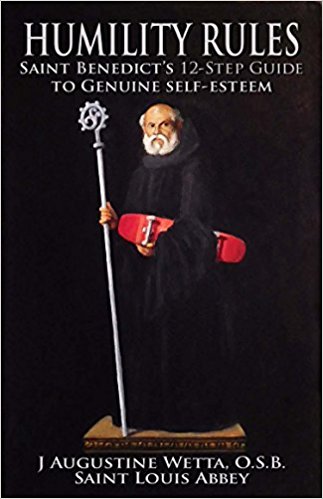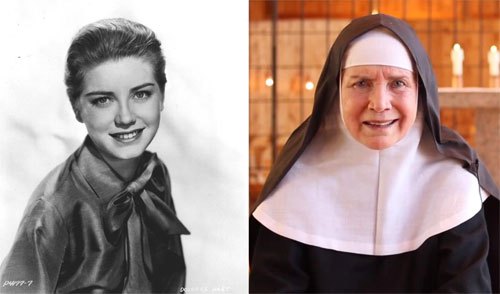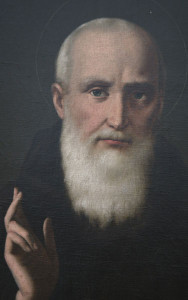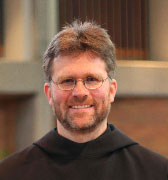
The kindness and love of God our saviour for mankind were revealed. Thanks be to God, through whom we receive such abundant consolation in this pilgrimage, this exile, this distress.
Before his humanity appeared, his kindness lay concealed. Of course it was already in existence, because the mercy of the Lord is from eternity, but how could men know it was so great? It was promised but not yet experienced: hence many did not believe in it. At various times and in various different ways, God spoke through the prophets, saying I know the plans I have in mind for you: plans for peace, not disaster.
What reply did man make, man who felt the affliction, and knew nothing of peace? ‘How long will you keep saying “Peace, peace” when there is no peace?’ And so the angels of peace weep bitterly saying Lord, who has believed our report?
But now at last let men believe their own eyes, because all God’s promises are to be trusted. So that it cannot escape the notice of even troubled eyes, He has set up his tabernacle in the sun.Behold, peace is no longer promised, but conferred; no longer delayed, but given; no longer predicted, but bestowed. Behold, God has sent down to earth a bag bulging with his mercy, a bag that, at the passion, is torn open so that our ransom pours out of it onto us. A small bag, perhaps, but a full one: for it was a small child that was given to us, but in him dwells all the fullness of the Godhead.
After the fullness of time had come, there came too the fullness of the Godhead. He came in the flesh, so that at least he might make himself manifest to our earthly minds, so that when this humanity of his appeared, his kindness might also be acknowledged. Where the humanity of God appears, his kindness can no longer be hidden. In what way, indeed, could he have better commended his kindness than by assuming my flesh? My flesh, that is, not Adam’s, as it was before the fall.
What greater proof could he have given of his mercy than by taking upon himself that very thing which needed mercy? Where is there such perfect loving-kindness as in the fact that for our sake the Word of God became perishable like the grass? Lord, what is man, that you make much of him or pay him any heed?
Let man infer from this how much God cares for him. Let him know from this what God thinks of him, what he feels about him. Man, do not ask about your own sufferings; but about what God suffered. Learn from what he was made for you, how much he makes of you, so that his kindness may show itself to you from his humanity.
The lesser he has made himself in his humanity, the greater has he shown himself in kindness. The more he humbles himself on my account, the more powerfully he engages my love. The kindness and humanity of God our Saviour appeared says St Paul. The humanity of God shows the greatness of his kindness, and he who added humanity to the name of God gave great proof of this kindness.
Excerpts from the English translation of The Liturgy of the Hours (Four Volumes) © 1974, International Commission on English in the Liturgy Corporation. All rights reserved.

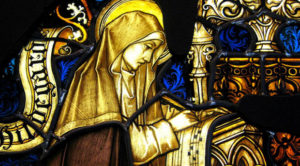
 For other episodes in the series visit the Discerning Hearts page for Dr. Anthony Lilles
For other episodes in the series visit the Discerning Hearts page for Dr. Anthony Lilles
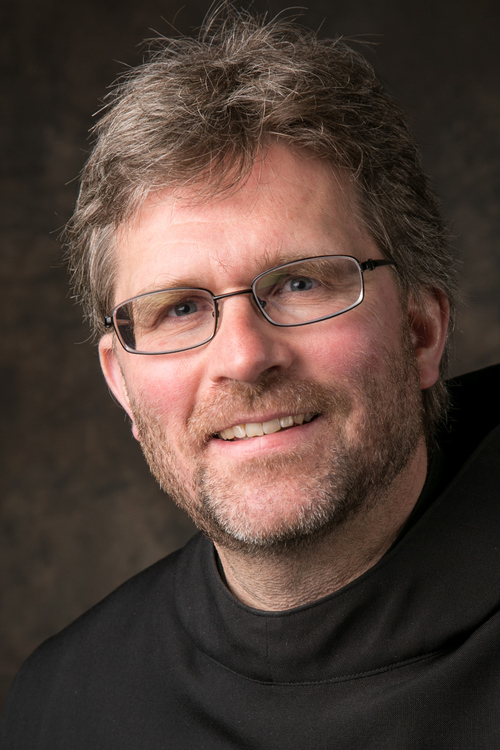
 From the
From the 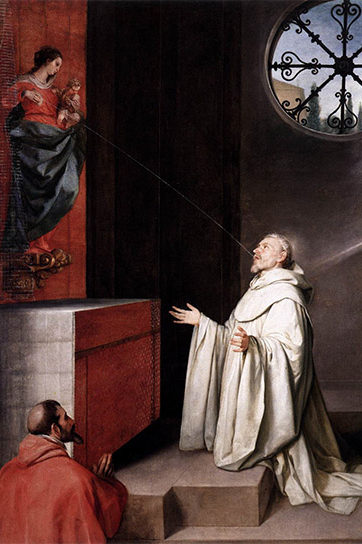 St. Bernard you have said:
St. Bernard you have said: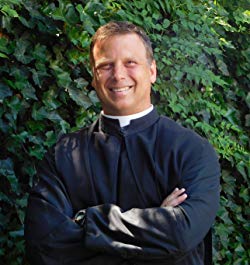 What a delight to talk with Fr. Augustine Wetta about “
What a delight to talk with Fr. Augustine Wetta about “